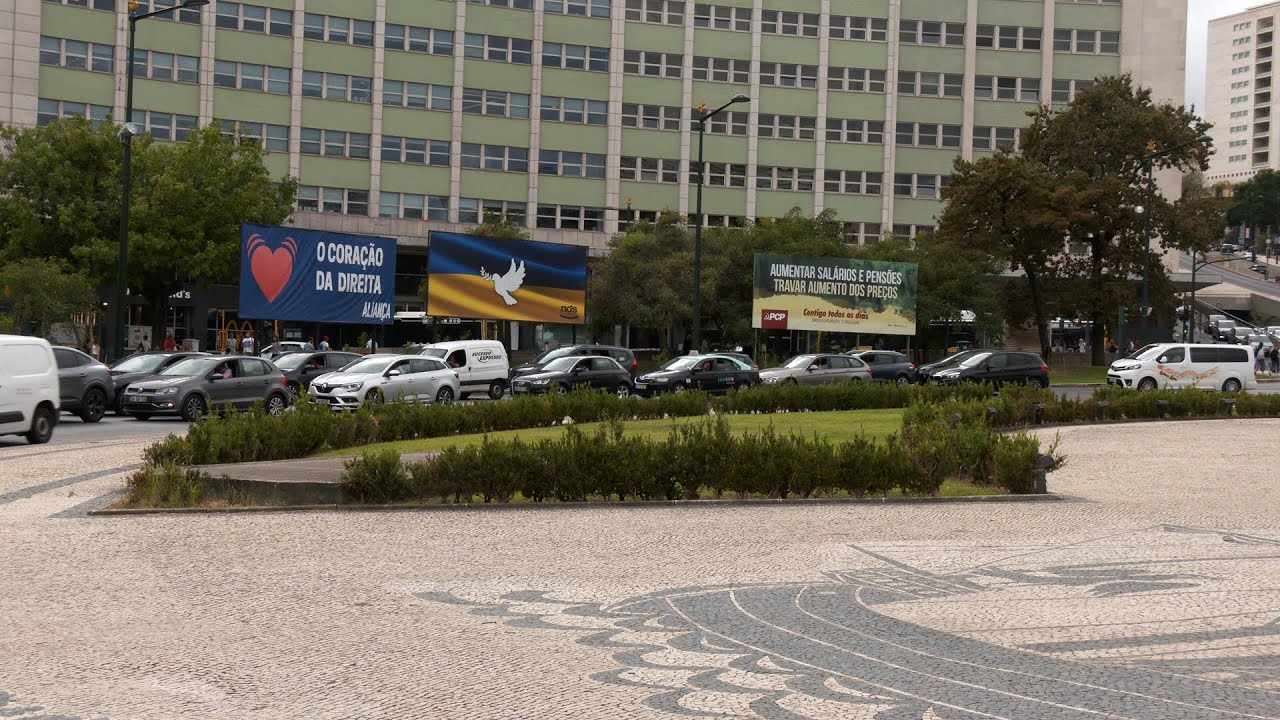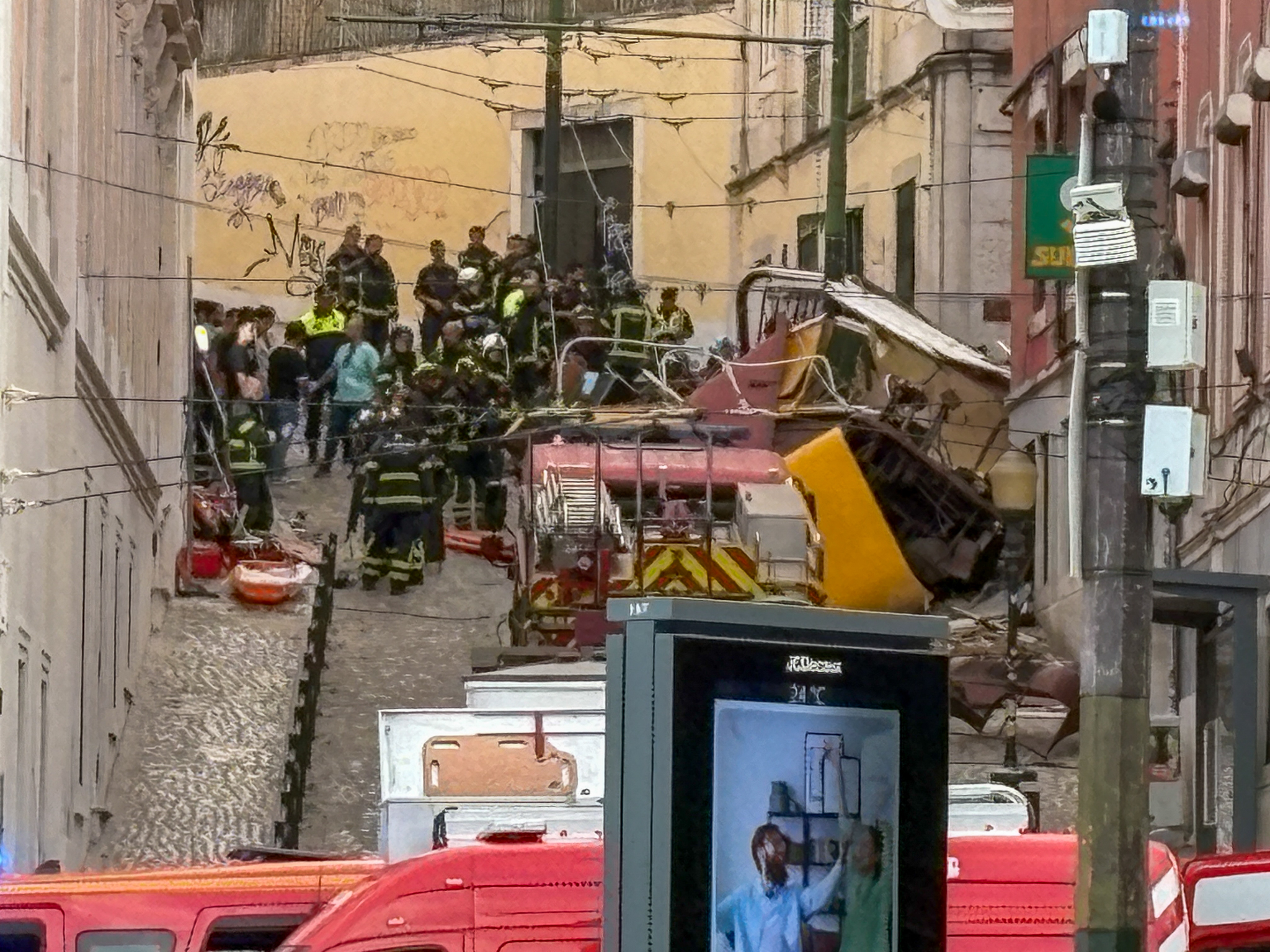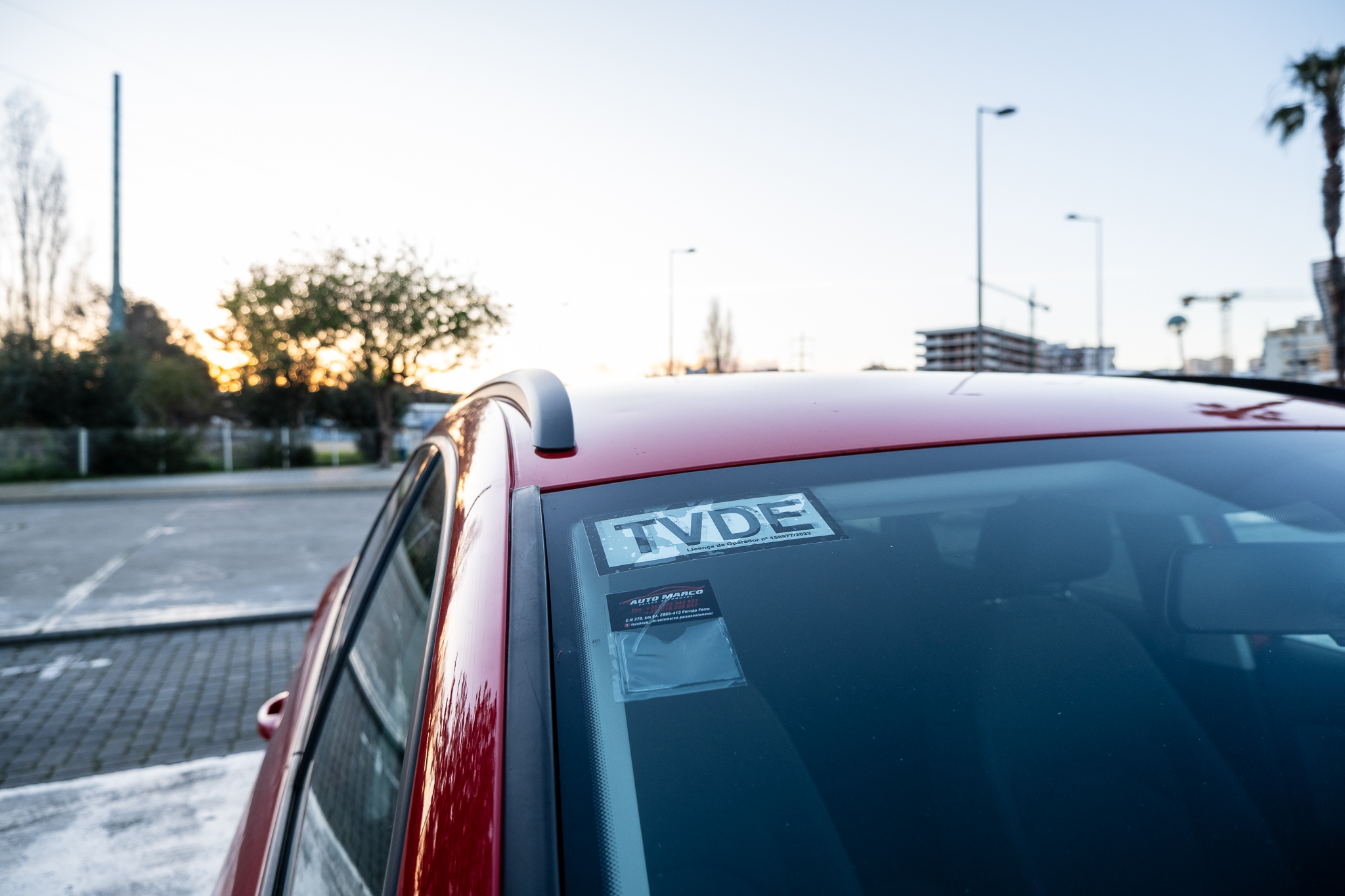Lisbon City Hall has removed the large billboards that parties and other entities had not voluntarily removed, after they were notified earlier this month.

The Mayor of Lisbon, Carlos Moedas, had given ten days to political parties and other entities with large billboards in Marquês de Pombal Square to remove those structures from that area. Some did, others didn't. At dawn on Wednesday, September 28, the Lisbon City Council removed the remaining posters in Marquês.
Thus, Lisbon's iconic square woke up today lighter and without the "visual pollution" that has characterized it for more than two decades. It all started in 2001 when Pedro Santana Lopes (PSD), who was then running for mayor, placed large billboards in emblematic places in the city and where, until then, no one had dared, such as Terreiro do Paço, Rossio, Largo de Camões and, of course, Marquês do Pombal.





The presence of large billboards politics is a peculiarity of Portuguese cities, unparalleled in other European capitals, and it intensifies during election periods, although it is constant throughout the year. Avenida da República and Alameda are other areas particularly affected by these elements. Political propaganda in public spaces is regulated in Portugal, but there seems to be no will to comply with these guidelines or to interpret them in a consensual way.
Moedas supported the decision to remove the Marquis of Pombal's propaganda panels because this square is integrated "in the Special Zone of Joint Protection of the classified buildings of the Avenida da Liberdade and surrounding area"In other words, the billboards were improperly placed in areas of "protection and enhancement of cultural heritage".




The 13 entities notified to withdraw their billboards were the parties Aliança, Alternativa Democrática Nacional (ADN), BE, Chega, Iniciativa Liberal, Movimento Alternativa Socialista (MAS), Nós Cidadãos, PAN, PCP and PSD, the MUDAR movement, the National Police Union and former MP Joacine Katar Moreira. Of these, only PAN, PCP, Nós Cidadãos and MUDAR chose not to remove the posters by their own means.
When he announced the decision, Moedas justified it to Lusa with Article 6 of Law 97/88, which states that "it is up to the municipal councils, after hearing the interested parties, to define the deadlines and conditions for the removal of the advertising media used". This law establishes that "propaganda messages" are guaranteed "in the public spaces and places necessarily made available for this purpose by the town councils"Article 3 states that the license application must be addressed to the chief executive and after hearing the opinions of various bodies. Article 4, on the other hand, states that advertising must not "damage the beauty or setting of national monuments, buildings of public interest or others that may be classified by public authorities".
However, the National Electoral Commission (CNE), heard by Diário de Notícias, points out that the decision may not be legal, understanding that "propaganda, in the situation described, is legitimate in the light of the current law, the amendment of which is the exclusive competence of the Assembly of the Republic" and that "the Lisbon City Council does not find coverage in the applicable legal provisions". For its part, the citizens' association Fórum Cidadania Lx received the news of the withdrawal of the "great joy", understanding it to be "the truly savage occupation to which most of Lisbon's public space has been subjected for several years is shameful, constituting one of the main elements of visual pollution in the city, of which the Marquês de Pombal is the greatest example"; Fórum Cidadania Lx believes that the action should be extended to other areas of the city "where advertising and political propaganda posters persist outside the electoral period and/or in disregard of places protected by law".
A source in Carlos Moedas' office also told Diário de Notícias that "the vast majority of entities have decided to legally remove their billboards" and pointed out that "for now, the priority is not to impose fines"as had been communicated. He believes that "there may be situations during election periods when posters are put up again, but the priority was to remove everything that was there". He also says that there are no plans to remove them in other parts of the city.
Updated at 19:11 on 28/09/2022: added information from Diário de Notícias.










